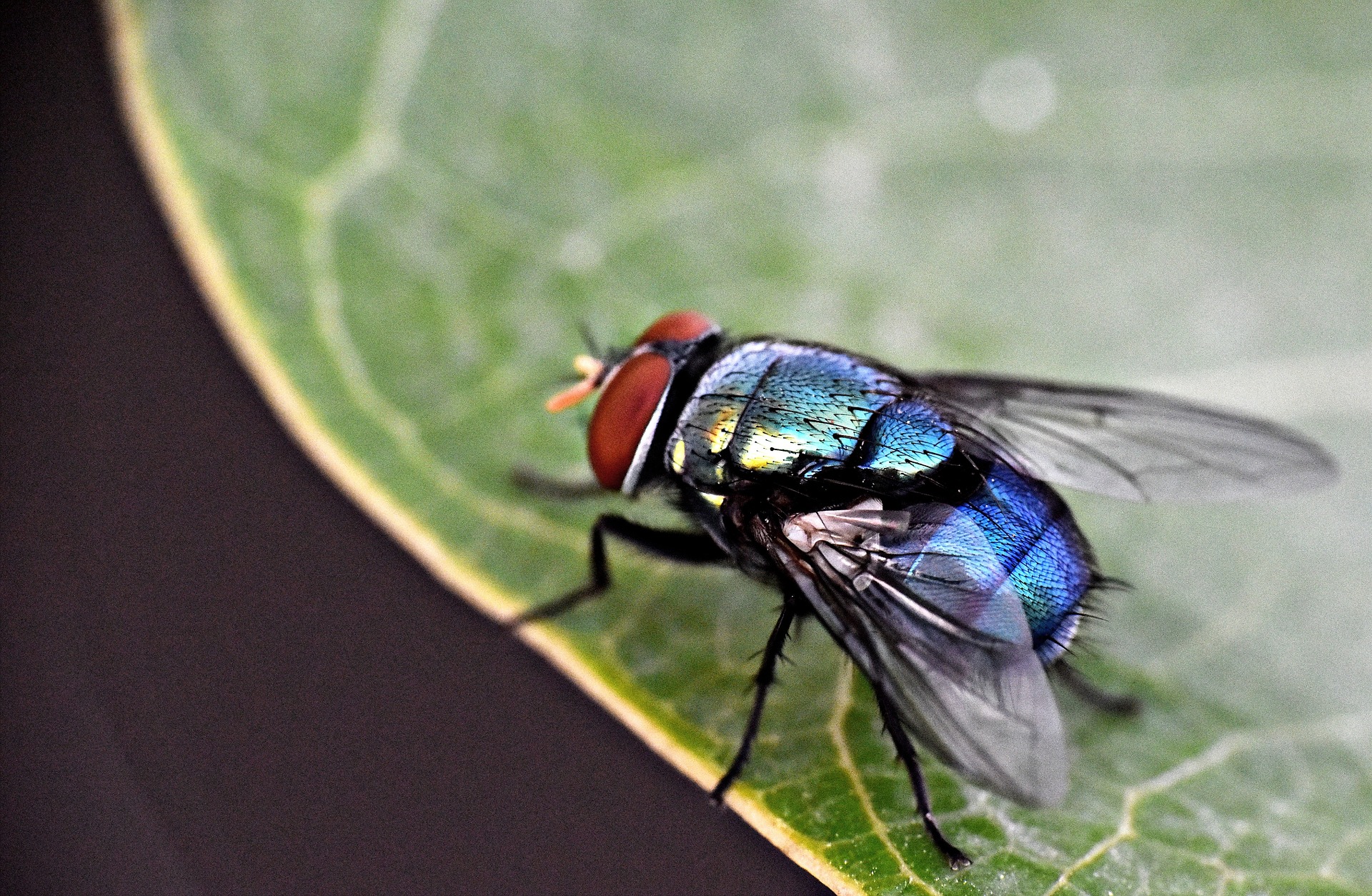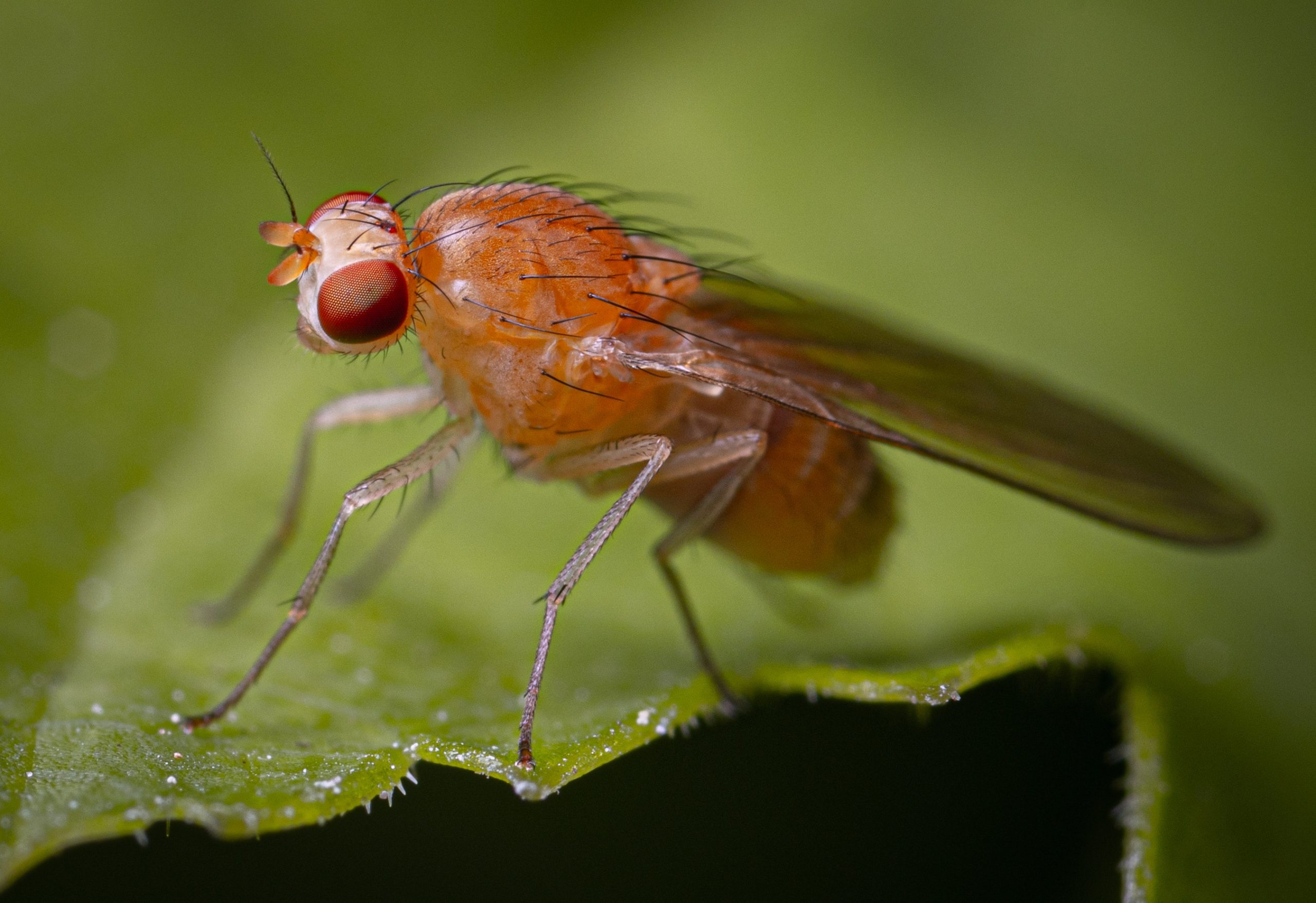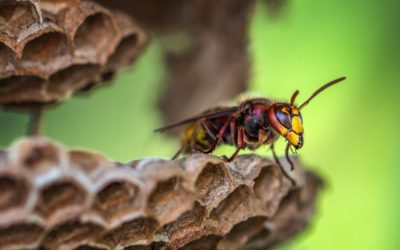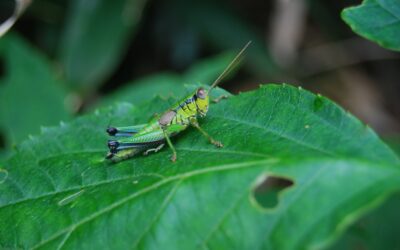
Why are flies attracted to food?
Even the most beautiful summertime picnic can be ruined by flies buzzing around your delicious meal– turning an enjoyable day into an annoying and unsanitary experience.
Have you ever wondered why flies are seemingly irresistibly attracted to your food? Developing an understanding of flies’ behavior can help you to take effective, preventative measures toward keeping your meals fly-free in the future.
Sense of smell
Flies possess an incredibly developed sense of smell, which is the primary factor that draws them toward food. They’re able to detect odors from a distance– even miles away– due to their highly advanced olfactory receptors.
Leaving food uncovered, or allowing it to emit strong scents, functions like an open invitation to flies in your area.
Chemical signals
Various foods release chemical compounds that mimic the scent of ripe fruits, or decaying organic matter– both of which naturally attract flies.
These compounds resemble the chemicals produced during the fermentation process, and they cause flies to mistake your food for a potential breeding ground.
Decomposition and fermentation
Flies are opportunistic feeders, which means that they can adapt to eating whatever food is available to them. Many are attracted to decaying organic matter.
When food begins to decompose, it releases gasses that attract flies, like ammonia. Decomposition can also generate heat, which also serves to attract flies.

Visual cues
Flies have great eyesight, which means that visual cues can also play a big role in attracting them to your food. Any brightly colored or high-contrast foods can catch a fly’s eye even from a distance.
Sugar and protein
Flies love sweet substances, like ripe fruits, syrups, and desserts. These foods provide energy to flies, and their sweet scent is irresistible to them!
Additionally, some types of flies like protein-rich foods, like meat and dairy products.
Warmth and light
Flies are ectothermic– also known as cold-blooded– creatures. They rely on outside sources of heat to regulate their body temperature. Warmth is highly attractive to them, which means you might see increased fly activity when it’s warm outdoors or when you have food that’s freshly cooked or still warm.
Bacterial growth
Flies play a role in the decomposition of organic matter by transferring bacteria from one food source to another. Food sources with bacterial colonies help to aid in their digestion, and serve as a breeding ground and a place to lay eggs.
Smell, sight, and sound
Flies, just like people, are attracted to food primarily because it gives them the energy that they need to survive. In order to prevent flies from infesting your meals, be sure to practice proper food storage and hygiene.
Whenever possible, keep food covered, clean up spills promptly, and dispose of any organic waste in sealed containers. Using fly traps or screens can help to reduce the presence of flies in your dining area. Understanding the motivations behind flies’ behavior can help you to enjoy your future meals in peace!
If you’re in need of pest control services in Northwest Arkansas, give West Termite & Pest a call today!
More posts from West Termite, Pest & Lawn
Signs of a Wasp Nest in Your Yard
It’s difficult to enjoy your outdoor spaces if you’re worried about avoiding wasp stings! These buzzing insects, while beneficial predators in the ecosystem, can become a nuisance around your yard, especially if they’ve built a nest nearby. Identifying signs of wasp...
Keeping Your Yard Pest-Free During Spring
Spring is always welcomed after a long winter, with its vibrant blooming flowers, awakening wildlife, and longer days– but it can also usher in a wave of unwanted guests: pests! From mosquitoes and ticks to grubs and ants, these unwelcome visitors can quickly turn...
Pests That Can Ruin Your Garden
The feeling of a flourishing garden is incredibly satisfying– it’s an explosion of color and life that’s happening because you planted and nurtured it! But unwanted guests, from tiny insects to furry pests, can quickly turn your garden into more of a battleground....



